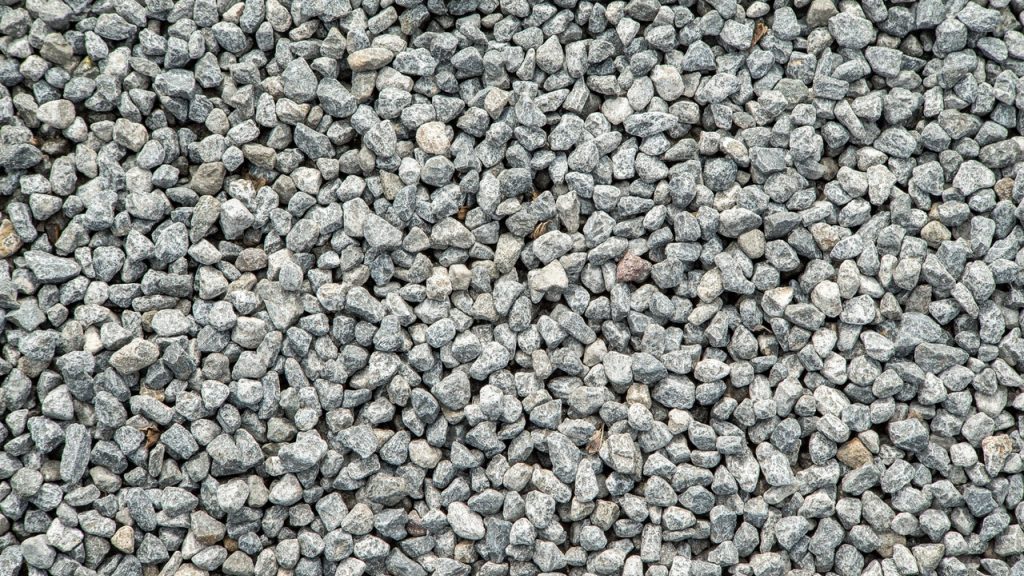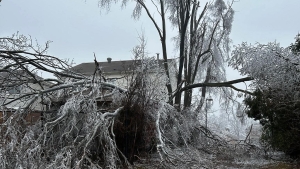The Ontario Stone Sand & Gravel Association (OSSGA) is continuing to urge the Ontario government to change a policy in the Growth Plan which prohibits new aggregate operations in areas of the Natural Heritage System (NHS) where endangered and threatened species are present.
Prior to the changes announced in May 2017 by the previous Liberal government, new aggregate operations were permitted in accordance with Endangered Species Act, but now they will be prohibited, and that will apply to a much larger area of southern Ontario, explained Norm Cheesman, executive director, OSSGA.
“The previous government introduced changes to the provincial plans which could potentially jeopardize the industry’s ability to continue to supply the public with this essential resource in a cost effective and environmentally responsible manner,” said Cheesman. “The issue is the prohibition of new aggregate in areas of endangered and threatened species in areas of the Natural Heritage System — regardless of whether the industry can meet the rigorous requirements of the Endangered Species Act.”
The Province also expanded the NHS from the Greenbelt Plan Area (which includes the Niagara Escarpment Plan and Oak Ridges Moraine Conservation Plan) to cover the Greater Golden Horseshoe.
We got a totally deaf ear, they (Liberal government) were just not willing to modify it,
— Norm Cheesman
Ontario Stone Sand & Gravel Association
“Under the changes made in 2017 not only was the Natural Heritage System extended to the Greater Golden Horseshoe so there is a much greater area that was deemed to be the NHS, but they said you can’t even get an ESA certificate, we won’t allow you to extract new (aggregate), you can expand a pit or quarry but you can’t go and invest in a new one,” Cheesman said.
“To suddenly lock out 40 or 50 per cent of an area of the province where you’ve got high quality aggregate, that is going to downstream dramatically impact the supply of raw materials for construction, for infrastructure development, for roads, buildings, condos.”
The OSSGA has been lobbying government to change it back for years, writing letters and asking other associations to do the same. They were hoping the government would make the change last spring but they deferred it.
“We got a totally deaf ear, they (Liberal government) were just not willing to modify it,” said Cheesman.
“We are not asking for anything more, we are asking for what was there before and we’re hoping that the Conservative government will listen to us.”
There is no scientific basis for the change, he added.
“We are saying, go back to requiring an ESA certificate to permit new extraction,” said Cheesman, adding that there is enough of a hurdle there that a pit and quarry operator has to meet in order to demonstrate that they are not going to mess up the environment.
“There are a lot of creative ways that pit and quarry operators can create habitat and sometimes attract new species where there weren’t before…so this is not only good science, it’s good ecology, it’s good environmental practice.”
The ESA certificate is not an easy document to get, Cheesman pointed out, adding it’s a document that says you have protected the species and the habitat, you have minimized adverse effects and you have demonstrated a benefit to the species at risk.
“You’ve got to do a lot of work to demonstrate that to the satisfaction of ministry bureaucrats that you have been able to do that and if you can get that certificate…then you can go ahead and extract new aggregate, within the Natural Heritage System,” said Cheesman.
Other associations have also sent letters in support of OSSGA’s requested changes, including the Residential and Civil Construction Alliance of Ontario (RCCAO). In addition to echoing OSSGA’s comments, RCCAO also added a few items.
“Almost everywhere you look there could be endangered species which would make it almost impossible to get permission to open up aggregate operations,” said Andy Manahan, executive director of RCCAO.
“We have a really robust infrastructure pipeline… We need resources to do that kind of building.”
In addition, the Ministry of the Environment, Conservation and Parks has released a new regulatory package to encourage the beneficial reuse of construction soils. In a recent meeting, the government expressed its support to use the clean soil for rehabilitation of aggregate pits and quarries.
“They want to set up a steering committee to look at how excess soil could be taken to end of life quarries,” explained Manahan.
According to RCCAO’s letter, the Provincial Policy Statement under the Planning Act identifies the protection of long-term resource supply of mineral aggregate resources and “availability as close to market as possible” as fundamental objectives.
“It comes into effect May 1 but it doesn’t really make a difference from the previous one because they are still saying it’s really important to ensure aggregate resources are available as close to market as possible,” said Manahan. “If the GTA became a no-go zone with respect to new aggregate extraction then it would have to come from markets further afield and those shipping costs would result in a spike in costs to build infrastructure.”
Follow the author on Twitter @DCN_Angela.











Recent Comments
comments for this post are closed